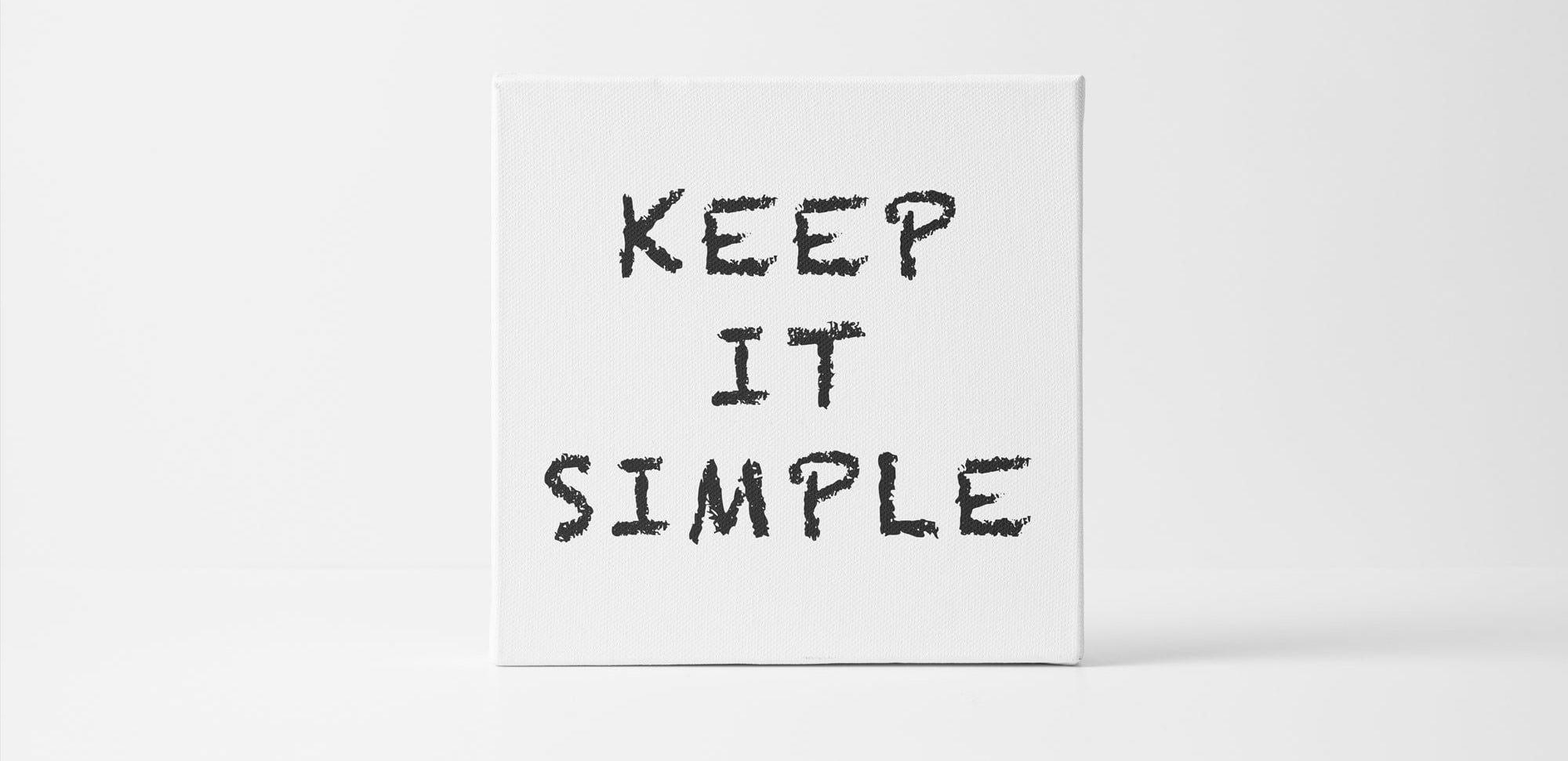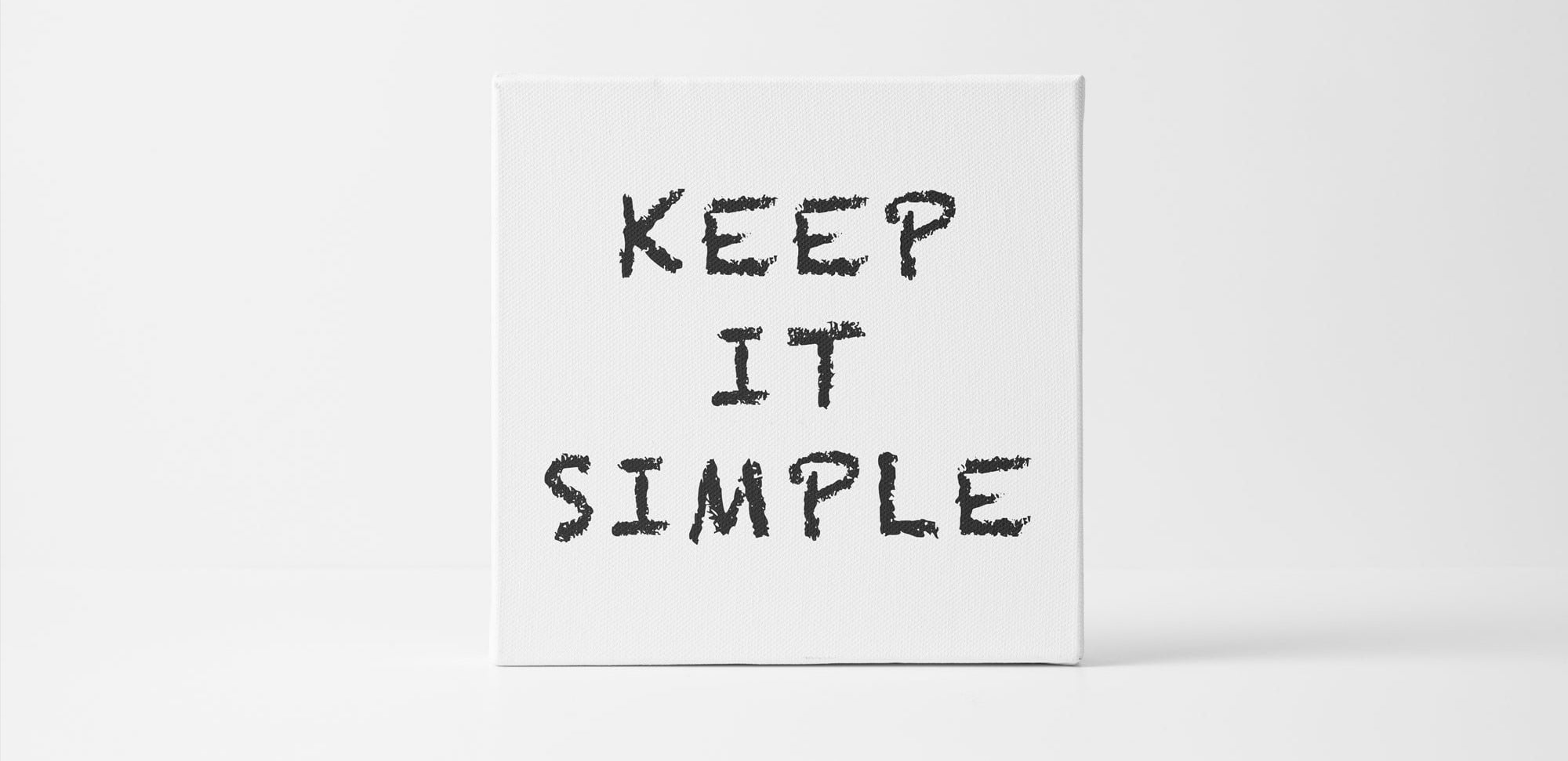There are only 24 hours in a day. And during this time, you need to fulfill all your plans, meet with friends, and set aside some more time for yourself. That's why you should treat time as a tool for achieving your goals.
To do this, you need to be able to manage your time properly. So, here are 16 tips that form the basis of time management:
Prepare in advance.Make a plan for the next day in the evening. There are two reasons for this. The first is that your brain will subconsciously process these ideas during sleep. The second is that if you write down your plan, you won't worry about forgetting it, and therefore you'll have a restful sleep.
Create a schedule.One of the biggest mistakes is not having a clear idea of what needs to be done in a day. The solution is to prepare a schedule and follow it. First, it will reduce stress and save energy. Second, you will increase productivity and feel in control of what you do. Thirdly, you will feel responsible for your life, and this increases self-esteem.
Wake up early.This way, you will have time to be in peace and quiet while others are sleeping. You can think about what you need to do during the day. And this will help you save time while doing your work. Make it a habit to go to bed before 11 p.m. and get up at six.

Don't forget to take breaks.Long work is exhausting. Taking short breaks helps you recuperate and find inspiration for further work. It is best to use the Pomodoro technique. The essence of the method: 45 minutes of work, 15 minutes of rest. But the work/rest ratio can be changed according to individual characteristics. The main thing is that the ratio should be regular, and the rest should last no more than 15 minutes.
Down with social media while working.Messages from friends, notifications of a new tweet or post are very distracting and do not allow you to concentrate on your work. At the same time, a lot of time is wasted when you could be doing something important. So set aside a certain time in the morning or evening to respond to all personal messages. This will save you a lot of time and increase your productivity.
Get rid of what you don't need.It is important to learn to distinguish between what is necessary and what is not. The better you do this, the more you will discover what is not important and just takes up time. For example, talking to colleagues while working, unnecessary meetings, micromanaging tasks.
Multitasking is not the key to success.Not everyone can be Julius Caesar. Sometimes multitasking is only a hindrance, because not everyone can work at this pace. As a result, several projects are not completed at the same time, and concentration is lost. On the contrary, irritation and self-doubt appear.
Develop concentration.Trying to do everything at once can lead to the fact that you don't have time to do anything. Of course, this is only if you take on too much work. So it's better to focus on one task and then move on to another. It's important that you don't get distracted by unnecessary tabs in your browser or applications you don't use.

Learn to say no.If you don't have time to do what others are asking, simply say no politely. At the same time, don't let yourself feel guilty.
Perfectionism is not always a good thing.It is important to learn to distinguish between self-criticism and perfectionism. After all, the desire to achieve perfection is not always justified. As a result, a lot of time is spent trying to make even unimportant details perfect. And, consequently, deadlines are constantly being pushed back. Of course, there is nothing wrong with striving to be the best. But striving to be the best can backfire. Conclusion: develop a rational attitude to work.
Define the goal.This is necessary to avoid wasting time and energy on unimportant things. Every action you take should be aimed at achieving the ultimate goal, whether it is a short-term plan or a long-term one.
Set priorities.This way you will see which tasks require immediate action and which can be postponed. In particular, American business consultant Stephen Covey suggests dividing tasks into 4 categories: important and urgent; important but not urgent; urgent but not critical; not urgent and not important.
Delegation is the key to improvement.When the amount of work increases and you can't do it all yourself, don't be afraid to outsource it to someone else. Otherwise, you'll end up with self-doubt, fatigue, and a decrease in motivation. Don't forget that business success lies in the owner's ability to look to the future rather than engage in routine tasks.
Divide big plans into small ones.A large amount of work can be intimidating and discourage you from working at all. Therefore, it is better to divide big plans into smaller stages. Achieving them will help you track your progress and keep calm.
Identify productive time.It's been proven that some people work best in the morning or afternoon, while others work best in the evening or even at night. Determine your own time when productivity is at its highest and adjust your schedule. Then you can prioritize important tasks for the moment.
Don't neglect healthy sleep.It's better to get enough sleep, losing extra hours of work, but doing it efficiently. After all, constant sleep deprivation depletes the body, causes chronic fatigue and decreases performance.
Time is a valuable and, most importantly, limited resource. No one can spare an extra hour in a day, but you can manage the 24 hours you have effectively.









